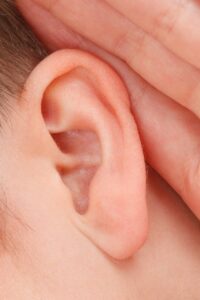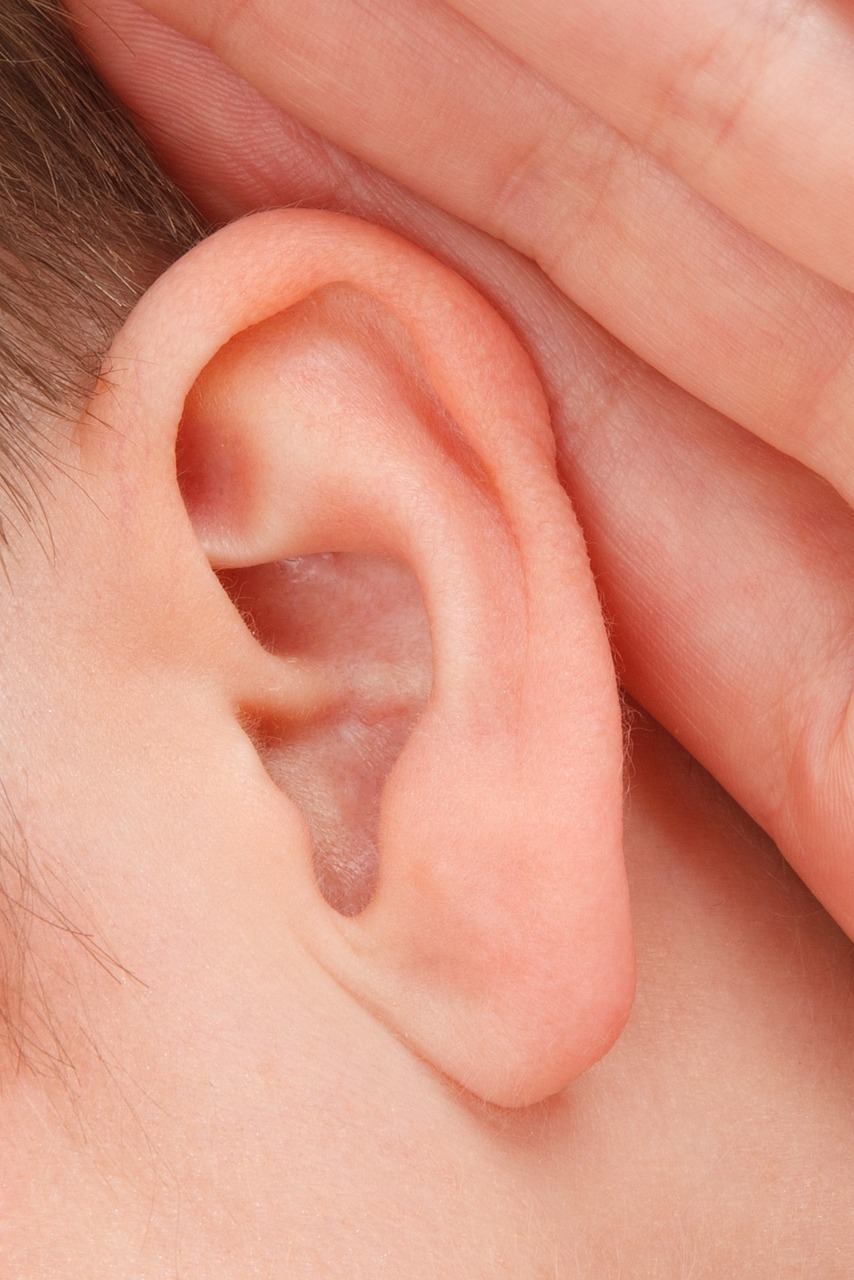10 Home Remedies for Ear Infections
Ear infections are disturbing and painful. They feel like dull or sharp aches, sometimes with a burning sensation. You can get such an infection anywhere in the outer, middle, or inner year. Infections develop in both children’s and adults’ ears, due to viruses and infections. When they don’t clear out in a few days, you can treat them by visiting a doctor. However, there are plenty of natural home remedies for ear infections that help you ease that discomfort.
The most common infections appear in the middle year and are more frequent among children. Many of them are caused by viruses or bacteria presence, wax or liquid build-up, food allergies, and even genetic sensitivity. Home remedies for ear infections are alternatives to antibiotics that usually have no adverse effects. These natural remedies work in two ways:
- They ease the pain by acting locally.
- They help your body fight the virus or bacteria by boosting its resources.
Let’s see the most common and effective home remedies for ear infections!

10 Easy to Use Home Remedies for Ear Infection
1. Neem Leaves
Neem has infection-killing properties that ease the pain and its cause. It is also antifungal, so it thoroughly clears your ear, while easing the pain. Neem leaves are particularly antimicrobial and antibacterial.
Crush neem leaves squeeze their juice and apply them to your ear, for two to three days. You can find the complete recipe and how to use neem leaves in this earache remedies article.
2. Garlic
Garlic is also known as a natural antibiotic. However, it can also relieve your pain and treat ear infections effectively. It is also helpful in easing ear symptoms of bacteria and microbes’ presence. You need to boil two to three garlic cloves, crush them, and mix with salt. Apply the mixture to an ear cloth.
Alternatively, you can make garlic oil by cooking two cloves in a tablespoon and mixing it with mustard or sesame oil. Filter the result and apply two to four drops in the affected ear.
3. Olive Oil
Olive oil is extremely effective for ear infections due to wax buildup. As wax blocks Eustachian tubes, you can clear them by using olive oil.
Warm a teaspoon of olive oil. Then, put a few drops into the ear that hurts. Wait for a few minutes, while oil softens the wax inside the ear. Gently remove the wax with cotton swabs. Don’t overuse the swabs by pushing them into the ear, as this might lead to an eardrum rupture.
4. Warm Compress
This is one of the most common home remedies for ear infections for a reason. Heat releases pain and prevents infestation with microorganisms. You can directly use a warm compress or heat a bottle of water.
Keep the heating pad, or warm washcloth on your ear for five minutes. Do not use the compress for more than the recommended time, as humidity may reach the infection.
5. Basil Juice
Basil is rich in antioxidants and has antibacterial properties that ease the ear infection. You can crush five holy basil leaves and separate them from the juice. Then, gently apply the juice around the affected ear.
Alternatively, you can purchase holy basil oil and mix two – five drops with coconut oil. Soak the mix in a cotton ball and wipe the ear with the oils in a cloth. Avoid letting the basil juice or oil slip into the ear canal.
6. Onion
Onion makes you cry due to the abundance of its active ingredients. Onion contains quercetin, which has a proven effect on inflammation and overall immunity. Moreover, onions reduce the inflammation and ear soreness caused by infection. Then, the body gains strength to focus on healing the ear.
Cook an onion in the oven for 15 minutes. Then, let it cool, cut it in half, and squeeze it in a bowl. Strain the warm juice that is poured from the onion. Put a few drops in the infected ear, and keep your head tipped, to allow them to act. Finally, let the drops train out and clean your ear.
7. Hydrogen Peroxide
Hydrogen peroxide is useful for infections and earache from other causes. However, it’s a quick remedy for infection due to wax overload and minimizes the inflammation due to bacteria.
You need to mix 3% hydrogen peroxide and water, then soak the resulting mix in a cotton bar. Squeeze it into your ear and keep your head tilted. After ten minutes, let the peroxide drain out. Don’t worry about the slight tingling sensation you will feel. It is due to the substance bubbles that act on the infection.
8. Elderberry Syrup
Elderberry syrup is useful, especially in winter when other natural ingredients are hard to get. The syrup has antiviral properties that will help you recover quickly from an infection. It contains vitamins A, B, and C, which boost your immune system.
Buy a few ounces of elderberries and mix them with ginger root, and cloves and boil them in water. Allow the syrup to cool and add honey. Drink 1 ½ – 2 teaspoons of this juice every 2 – 3 hours, for a few days.
9. Peppermint
Peppermint is largely used for its fresh taste. However, it also has anti-inflammatory and antibacterial properties.
Use peppermint oil or squeeze the juice out of a few leaves. Put the juice in an ear dropper and place two to three drops around the affected ear. Don’t apply it directly into your ear, as it has strong substances and its vapors might hurt your ear canal.
10. Tea Tree Oil
There’s a comprehensive list of the properties that tea tree oil has. It is antiseptic, antibacterial, antiviral, balsamic, stimulant and antimicrobial. So, this natural remedy will create a battlefield against ear infections.
Mix 2 – 5 drops of tea tree oil with a spoon of olive oil and let them warm. Drop the mixture into the hurting ear and let it stay inside the year for three minutes. Then, drain the oil excess out and clean your ear.
Ear Infection is Common
An ear infection is common and temporary. If the infection pain or discomfort does not heal after a few days, make a schedule at the doctor. If your medical practitioner prescribes you antibiotics, make sure you follow the instructions. The first rule of easing ear infections is to be patient and wait for a few days.
You cannot predict when an ear infection develops. However, you can prevent it by having proper hygiene. However, if the infection does show, use any of the home remedies above and share your success with us!
Author Bio
Susan Hamilton is a food engineer and a homemade-everything type of woman. When she’s not growing her own fruits and vegetables or creating homemade recipes for her family, she likes wandering around and having different meetups with her friends. Even with a hectic schedule, she loves writing and editing articles for her blog, where she shares her knowledge about following a healthy lifestyle.














Post Comment